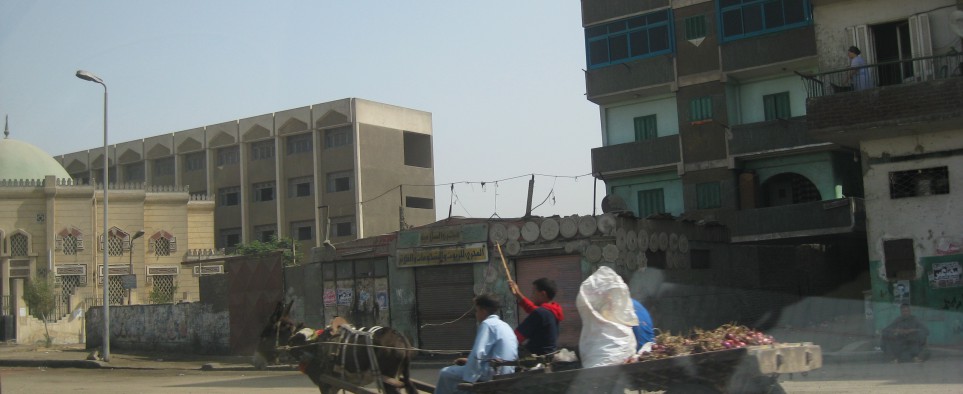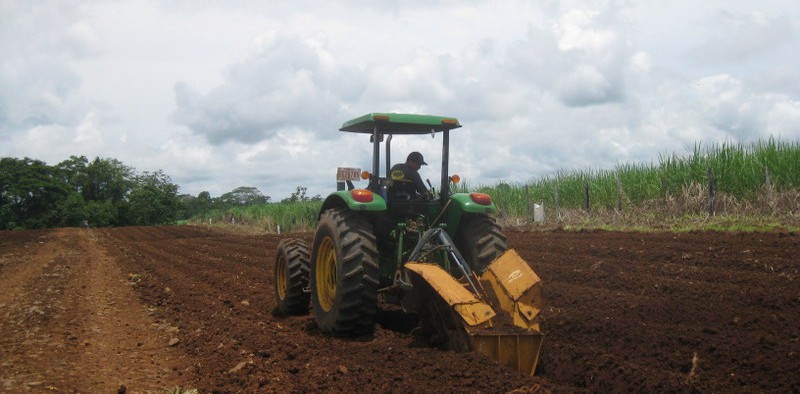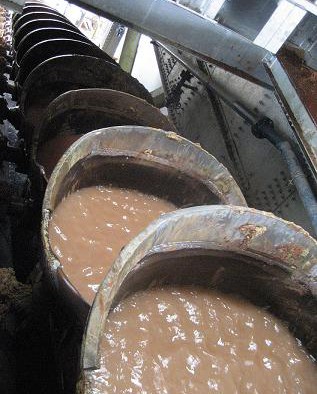Assessment of human conditions in a police state is a trying experience. You need a permit to blow your nose. Actually, you probably need three permits, because the ministry of health will want to ensure that it’s not due to swine flu, the ministry of environment will feign concern over emissions so as to secure a bribe, and the ministry-whose-name-no-one-can-remember needs to register you as someone liable to sneeze in the future. Also, you should probably forewarn the police. The National Police, the City Police and the Tourist Police. Just to be “sure.” Sure of what? No idea.
I can’t find a driver to take me to site, because unmarked vehicles are unsafe for foreign passengers, and taxis are registered by the state and terrified of being caught taking foreigners to non-tourist areas. This fear is not unfounded; my driver’s friend spent a month in stress positions for taking foreigners to photograph semi-urban poverty and pollution. I’d like to think I’d be subtler than your average poverty tourist (or “poorist” – it’s a word, just ask wikipedia), but that’s kind of beside the point.
Hi from Cairo. I came here from crisp, clean Geneva. The change was welcome at first — Geneva was full of fog, suit-wearing bureaucrats, and NGOs discussing Special Representative John Ruggie’s UN framework for Human Rights and Business. Cairo promised grit and heat, and it has delivered. For those who I’ve neglected, I’m here trying to determine whether the Mubarak government will make it impossible for Nomogaia to investigate the impacts that a new oil refinery (owned by Citadel Capital, the Arab world’s largest private equity group) will have on human rights.
I had not expected it would be such a struggle. Indonesia loves bureaucracy, but even there I could walk into the Ministry of Environment and ask questions. Walking into the Citadel Capital headquarters, the polite Chief Accountant’s first question was “Who gave you this address?” and his second was “How did you obtain information about us?” In no way am I at risk for poking around — to quote my driver, “One American’s life is worth a million Egyptians to our government,” but it wasn’t the Canadian/Australian/Norwegian reception we’ve had at other projects.
My best contact, provided my by my most awesomely connected colleague, assured me that she has no way of getting me into any ministries for several weeks. “These things take time,” she notes. It is now clear that there will be no quietly assessing the Egyptian Refining Company. All authorities will be notified.





